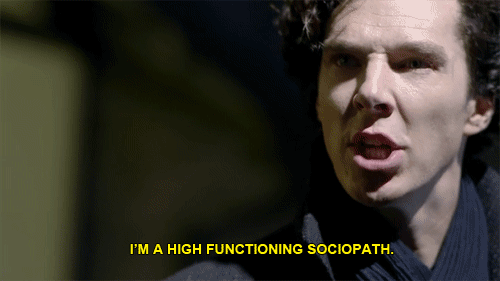So, I turn the question back on you – given that education can mean ‘leading out’, given that we can be with Freire and want to empower our students for action – how and why do you use technology in your teaching and learning?
Thank you so much for letting this powerful light shine out from you and your blog. As I got to the end I was looking at the word 'ludic' and seeing 'lucid' which sent me to the OED and the word 'eludicate'. The word has come to have an unhappy teaching context for me. It means to shine a light on something, but its original Latin sense is "late L. ēlūcidāt- ppl. stem of ēlūcidā-re, f. ē out + lūcidus bright." I see elucidation as an inner act, a drawing forth of the inner light that we all have. It is not what I do as a teacher that matters so much as what our learners do, how they shine. Insofar as I determine that with tech and systems and testing, then I am not teaching, I am not helping my learners shine their own lights and light their own ways in the world. I really believe that in my shared learning spaces. It makes me crazy and ill sometimes when I fail. Really crazy, but it seems like I am in good company here.
